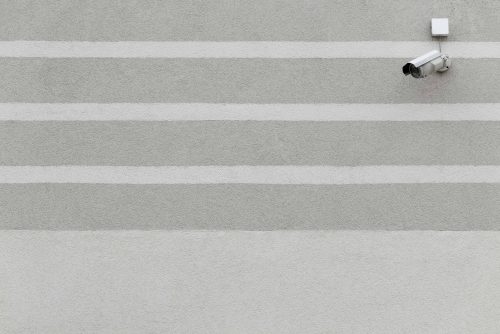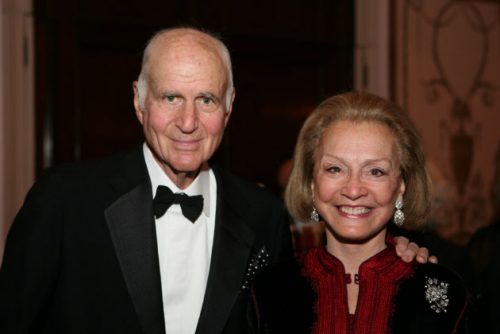Ford Foundation president Darren Walker wrote last year about the need for a “new gospel of wealth,” nodding in the direction of Andrew Carnegie’s famous 1889 treatise that has for its part so shaped the modern philanthropic establishment. Walker sought to blend what he called the “radicalism” of Carnegie’s suggestion that organized philanthropy could ameliorate some of the social costs of galloping capitalism with the vision of Dr. Martin Luther King Jr., who dared to interrogate the “underlying structures and systems” that make philanthropy necessary in the first place. Such a synthetic, critical approach, Walker argued, was the only way forward for a foundation, such as his, which owes its existence and potency to inherited privilege.
Walker’s main concern in that short essay was what he called the “global crisis of inequality”—social, economic, political. He set forth three principles for reducing inequality, which included: (i) “open[ing] ourselves up to more critical, honest discussions about deeply rooted cultural norms and structures, including racial, gender, ethnic, and class biases;” (ii) rejecting the “paternalist instincts” of Big Philanthropy, which too often “put[s] grantmaking rather than change-making at the center of [its] worldview;” and (iii) investigating the “root causes of inequality […] especially when it means that we ourselves will be implicated.”
Walker’s apologia came just a few months after the Ford Foundation announced it would devote “all of its money and influence” to fighting inequality, as well as double the amount of money it would grant towards unrestricted operating costs for grantees.
This apparent realignment at the highest levels of philanthropy is not without its merits. First and foremost, it suggests a level of self-awareness typically in short supply among top foundations.
No doubt it has become fashionable to reflect on the problem of inequality, but by recognizing (if only just recognizing) the ways in which his own foundation’s history and mission rub up against the new inequality-speak, Walker is proving himself an honest—or at least canny—leader. He is also right not to simply blame capitalism for the woes of the disadvantaged, noting correctly that theorists of capitalism since Adam Smith have attached a decisive importance to questions of social cohesion and fair play—much more than Smith’s latter-day critics tend to give him credit for, at least.
But perhaps while we interrogate the root causes of inequality itself, we can stop along the way to likewise interrogate the whole inequality paradigm, with its attendant rhetoric of solidarity and moral urgency, so much in vogue now. As the Spectator’s Johan Norberg points out, we are in many and various ways living in a golden age. Compared to all of history before the current day, our advancements in global health, wealth, and well-being are unparalleled. Even the last quarter century or so, Norberg points out, have seen remarkable leaps and bounds:
“Then [i.e., in the early 1980s], almost nine in ten Chinese lived in extreme poverty; now just one in ten do. Then, just half of the world’s population had access to safe water. Now, 91 per cent do. On average, that means that 285,000 more people have gained access to safe water every day for the past 25 years […] [Meanwhile,] global economic wealth — or GDP per capita — has increased almost as much as it did during the preceding 25,000 years.”
For Norbert, the empirical fact of global development helps to explain the new attention to inequality. “As we get richer,” he writes, “our tolerance for global poverty diminishes. So we get angrier about injustices.” This leads the largest charities to focus on the poorest of the poor, but even their lot has improved drastically: “[S]ince the Cold War ended, extreme poverty has decreased from 37 per cent to 9.6 per cent — in single digits for the first time in history.”
If Norberg is even half-right, the anxiety underpinning the inequality movement—the anxiety that we are moments away from a global boiling-over of proletarian resentment—seems, well, misplaced.
Norberg is right, I think, that a lot of this has to do with the “availability heuristic,” a psychological effect in which we base our judgments on the most vivid images and memories available to us, whether or not these are reflective of the full picture. So a global media and interconnected market society amplifies some of the most acute instances of suffering and grievance, while leaving a whole lot of slow but sure progress unreported.
And yet, something is undeniably in the air. So as Walker and others with his level of influence grapple with this new prevailing sentiment, they’d perhaps do well to focus on building upon the gains of the recent past, rather than indulging in fretful rhetoric about a less-than-apparent “crisis” of inequality.







3 thoughts on “Does the Inequality Paradigm Measure Up?”